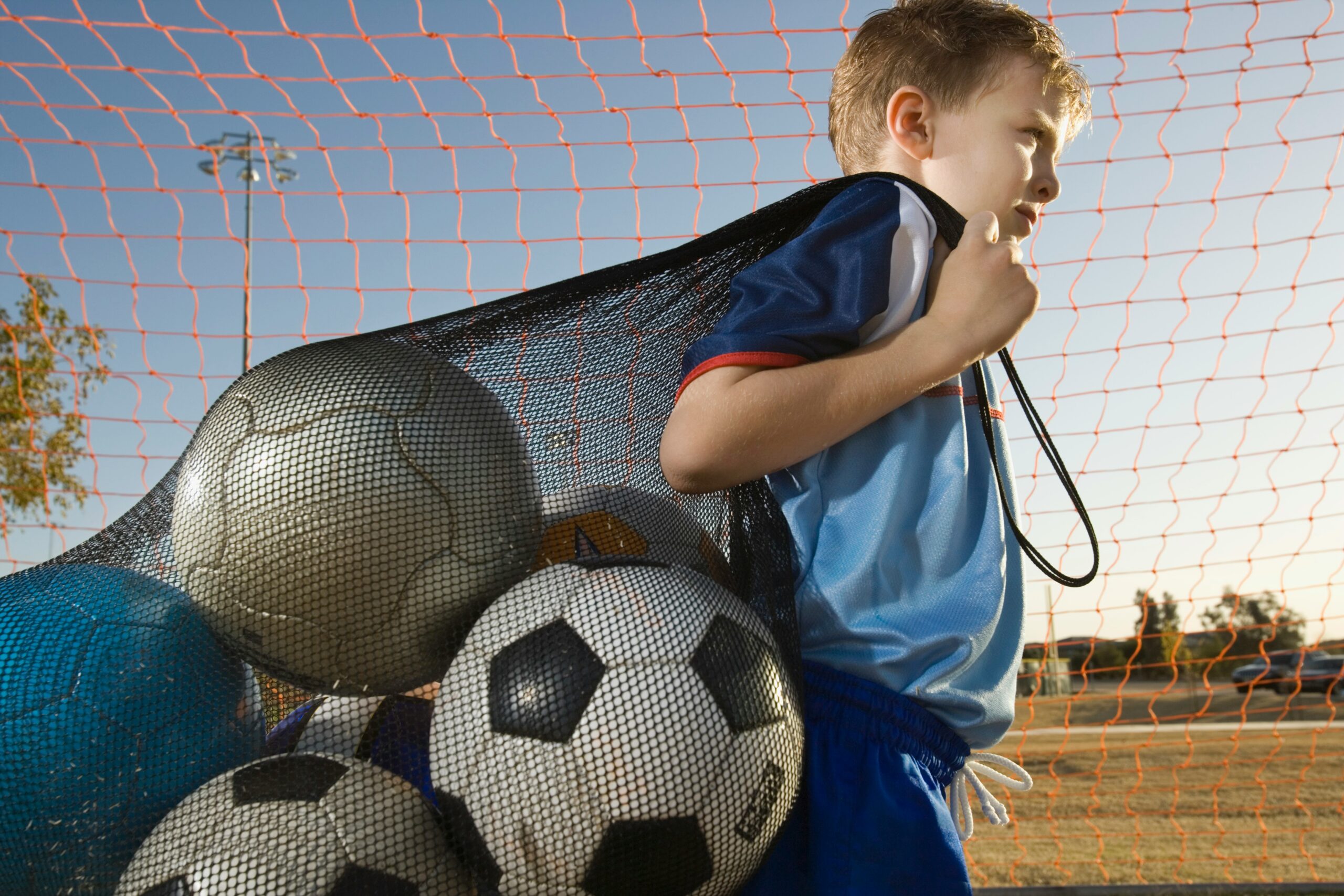
In today’s fast-paced, technology-driven world, it’s easy for children to become glued to screens, which can impact their overall health and well-being. However, physical exercise is one of the most essential activities for a child’s development, mainly through sports. While the physical benefits of sports, such as improved fitness and strength, are well-known, the advantages extend far beyond that. Sports allow children to develop critical life skills, build strong relationships, and improve their mental health. It’s no wonder that parents and educators alike emphasize the importance of incorporating sports into children’s lives.
Physical Health and Development
The most obvious benefit of sports for children is their positive impact on physical health. Regular sports participation helps children develop cardiovascular health, strength, coordination, and flexibility. Running, swimming, or team sports help children naturally improve their motor skills and physical endurance. The exercise helps build strong muscles and bones, which are essential during a child’s growth.
In addition to these physical benefits, sports play a key role in establishing healthy habits that children can carry into adulthood. Active children are likelier to maintain a healthy weight and develop better posture. Furthermore, sports help regulate sleep patterns, boost energy levels, and strengthen the immune system. By fostering these habits at a young age, children are more likely to adopt a lifelong commitment to staying active and healthy.
Social Skills and Teamwork
Sports offer children valuable opportunities to develop social skills, mainly through team sports. Interacting with teammates, coaches, and opponents helps children learn about collaboration, communication, and conflict resolution. These social experiences foster friendships and teach children to work together toward a common goal, building empathy and trust.
Team sports, in particular, encourage children to develop a sense of responsibility and accountability. Each child has a specific role within the team, contributing to the group’s overall success. This sense of belonging and teamwork can boost a child’s confidence and self-esteem. Additionally, playing sports helps children understand the importance of respect for others, whether it’s respecting teammates, opponents, or referees.
Mental and Emotional Development
Participating in sports isn’t just good for the body and a child’s mind. Regular physical activity helps alleviate stress and anxiety and can improve focus and concentration. When children participate in sports, they experience the joy of achieving personal goals, whether mastering a new skill or winning a game. This sense of accomplishment builds self-confidence and promotes a positive mindset.
Sports also help children develop resilience by teaching them how to cope with setbacks. In any competitive environment, losing is inevitable, and children must learn how to handle failure with grace. Overcoming adversity in sports can translate into greater emotional intelligence and a more optimistic approach to life. Whether they win or lose, sports teach children the value of perseverance, an essential life skill.
Building Discipline and Time Management
Sports offer children the chance to develop strong discipline and time management skills. Participating in sports requires dedication, practice, and commitment. Children learn to balance their academic responsibilities with their sports schedules, improving their organizational skills and ability to prioritize tasks. These skills can be beneficial not just in sports but also in school and later in life.
Being part of a team or engaging in individual sports teaches children the importance of setting goals and working diligently to achieve them. This sense of discipline helps children understand that success requires effort and that they must remain focused and persistent. Developing these skills early can set the foundation for a strong work ethic and success in other areas of life.
Long-Term Benefits and Lifelong Enjoyment
While the immediate benefits of sports are evident, the long-term advantages are even more compelling. Children who engage in sports are likelier to maintain an active lifestyle throughout adulthood. The habits they form while playing sports—such as regular exercise, teamwork, and discipline—often become ingrained and continue to shape their lives into adulthood.
Sports also provide children with a lifelong avenue for enjoyment and recreation. Physical activity becomes a natural part of their routine, whether they continue to compete in sports or enjoy recreational activities like hiking, cycling, or swimming. This commitment to staying active throughout life can lead to better health, reduced stress, and a more fulfilling lifestyle.
The importance of sports for children extends far beyond just physical health. From developing social skills and emotional resilience to building discipline and fostering a love for physical activity, sports play a vital role in shaping a child’s overall development. Encouraging children to participate in sports can provide them with valuable life skills, boost their mental and emotional health, and set them up for success in the future. With so many benefits, it’s clear that sports are an essential part of a well-rounded childhood experience.